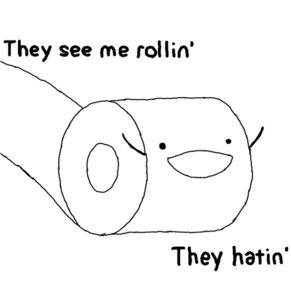12043207
Active Transport Mechanisms
Description
No tags specified
Resource summary
| Question | Answer |
| What are the 3 types of transport mechanisms which are active? | Active transport Endocytosis Exocytosis |
| What does it mean by 'active'? | Energy (ATP) is required for the process to occur |
| Define active transport | The movement of molecules across the membrane against the concentration gradient using energy from respiration |
| How does active transport work? | 1. The molecule/ion combines with a specific carrier protein 2. ATP transfers a phosphate group to the carrier protein on the inside of the membrane 3. The carrier protein changes shape, which carries the molecule/ion to the inside of the membrane 4. The molecule/ion is released to the inside of the membrane and the carrier protein reverts to its original shape |
| Due to the energy needed for active transport, what are the characteristics of the cells involved? | Cells involved... Tend to contain many mitochondria Have a high rate of respiration |
| What are the factors that affect the rate of active transport? | Temperature (too high = proteins denature) Oxygen concentration Presence of poisons (e.g. cyanide) |
| What are the two types of endocytosis? | Phagocytosis Pinocytosis |
| What happens during endocytosis? | During endocytosis, the cell wraps the cell-surface membrane around the material and brings it into the cytoplasm inside a vesicle. |
| What is phagocytosis? | Solid material is taken into the cell in a vesicle. Lysosomes fuse with the vesicle, emptying their enzymes into it. The enzymes digest the material and the products are absorbed into the cytoplasm. |
| Give an example of phagocytosis | White blood cells (phagocytes) remove bacteria/cell debris by phagocytosis |
| What is pinocytosis? | Liquid material is taken into the cell in a vesicle. Lysosomes fuse with the vesicle, emptying their enzymes into it. The enzymes digest the material and the products are absorbed into the cytoplasm. |
| Give an example of pinocytosis | A human egg cell can take up nutrients from surrounding cells by pinocytosis |
| What is exocytosis? | Exocytosis is the passage of materials out of the cell |
| TRUE OR FALSE: The material that is secreted via exocytosis is waste material | FALSE Often, the material is a useful secretion, as in the case of digestive enzymes, hormones or mucus |
| How does exocytosis work? | Secretory vesicles carry their contents to the cell-surface membrane. The vesicle merges with the membrane and the secretion is released |
Want to create your own Flashcards for free with GoConqr? Learn more.

